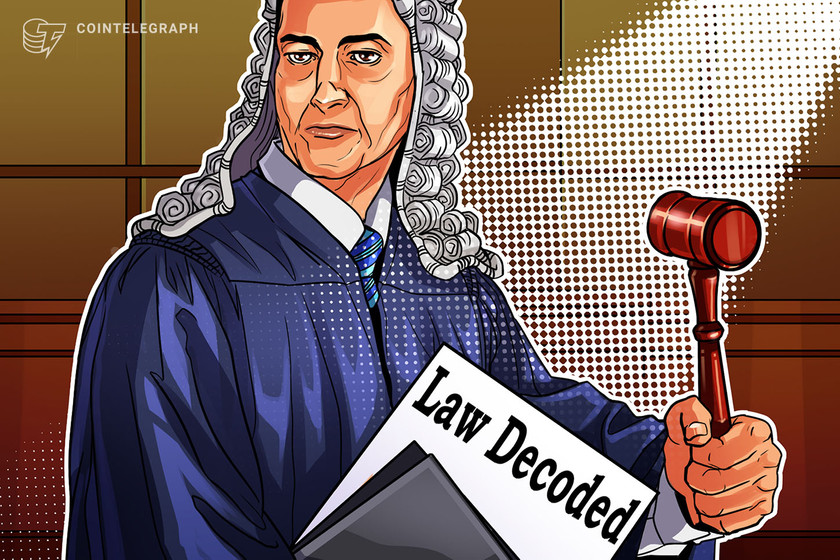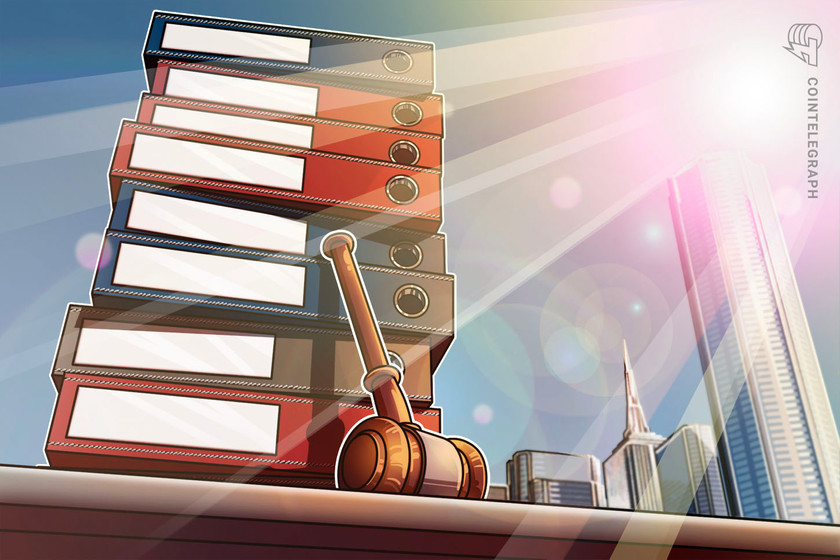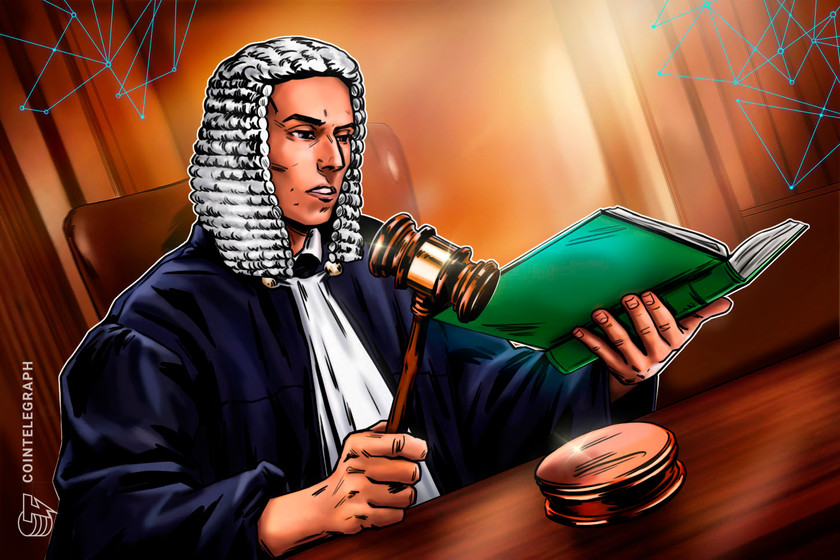Law Decoded, Jan. 9-16: Gemini, Bithumb, Nexo are fresh targets for regulation and prosecution


While the FTX saga continues to make headlines, last week brought a plethora of new troubles for crypto companies in the United States, Europe and Asia.
The United States Securities and Exchange Commission charged cryptocurrency lending firm Genesis Global Capital and crypto exchange Gemini with selling unregistered securities through Gemini’s “Earn” program.
The Commodity Futures Trading Commission started the process of getting a default judgment in its case against Ooki DAO after the decentralized autonomous organization missed the deadline to respond to the lawsuit. It also filed suit against digital artist Avraham Eisenberg and charged him with two counts of market manipulation in connection with an exploit of the decentralized finance platform, Mango Markets.
In South Korea, tax agents raided the Seoul headquarters of cryptocurrency exchange Bithumb, looking for evidence of possible tax evasion. This development comes after former Bitchumb chair Lee Jung-Hoon was acquitted of $70 million in fraud charges. In the Bulgarian capital of Sofia, the offices of crypto lending firm Nexo were raided by police. They targeted a large-scale money laundering scheme and violations of Russia’s international sanctions.
While the FTX saga continues to make headlines, last week brought a plethora of new troubles for crypto companies in the United States, Europe and Asia.
Voyager and Binance.US deal given the green light
There’s still a place for good news. Bankrupt crypto lender Voyager Digital has finally received initial court approval for its proposal to sell its assets to Binance.US for $1.02 billion. The approval comes amid a national security probe concerning Binance.US that Voyager seeks to speed up. The Voyager Official Committee of Unsecured Creditors — a body representing creditors with no security interests in Voyager — supported the transaction in its current form, noting the deal would result in greater recoveries for creditors than if Voyager liquidated its holdings itself.
New York sued by environmental group after approval of crypto mining facility
In September 2022, the Public Service Commission of New York authorized the conversion of the Fortistar North power plant into a crypto-mining site. Now it faces a lawsuit, with the Clean Air Coalition of Western New York and the Sierra Club claiming that the Fortistar plant only operated during periods of high demand for electricity, such as extreme weather conditions. However, as a crypto mining plant, the site would run 24 hours a day, generating up to 3,000% more greenhouse gas emissions.
All you need to know about the FTX from last week
As the investigation into FTX continues, the crypto exchange’s former engineering chief, Nishad Singh, followed former FTX and Alameda Research executives Gary Wang and Caroline Ellison by reportedly meeting with federal prosecutors to cut a deal.
The former president of FTX US, Brett Harrison, has lashed out at Sam Bankman-Fried for manipulating and threatening colleagues who proposed solutions to reorganize FTX US’ management structure. Despite recalling Bankman-Fried to be a “sensitive and intellectually curious person” at first, Harrison said he saw “total insecurity and intransigence” in Bankman-Fried when confronted with conflict, particularly when Harrison suggested FTX US establish separate branches for its executive, developer and legal teams.
Meanwhile, FTX was approved to sell some of its assets to aid efforts to repay creditors. Judge John Dorsey has approved the sale of four key units of FTX, including the derivatives platform LedgerX, the stock-trading platform Embed and its regional arms, FTX Japan and FTX Europe.





















